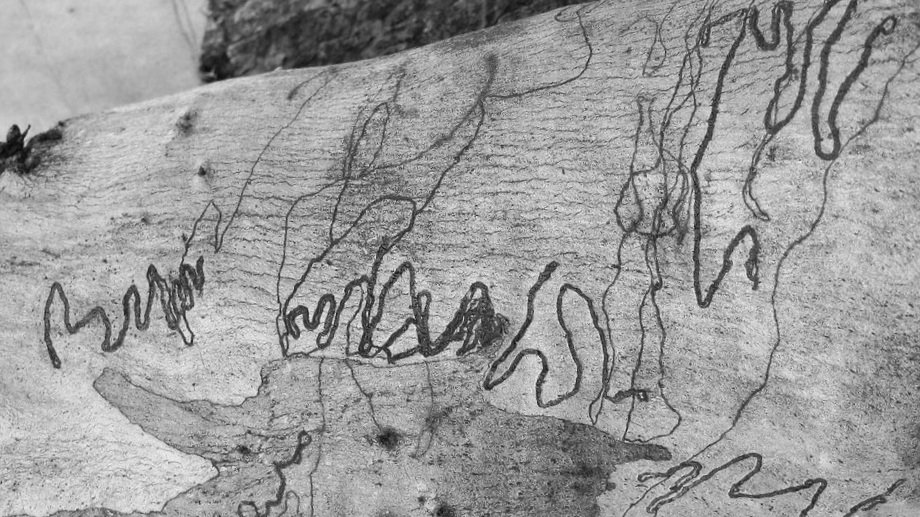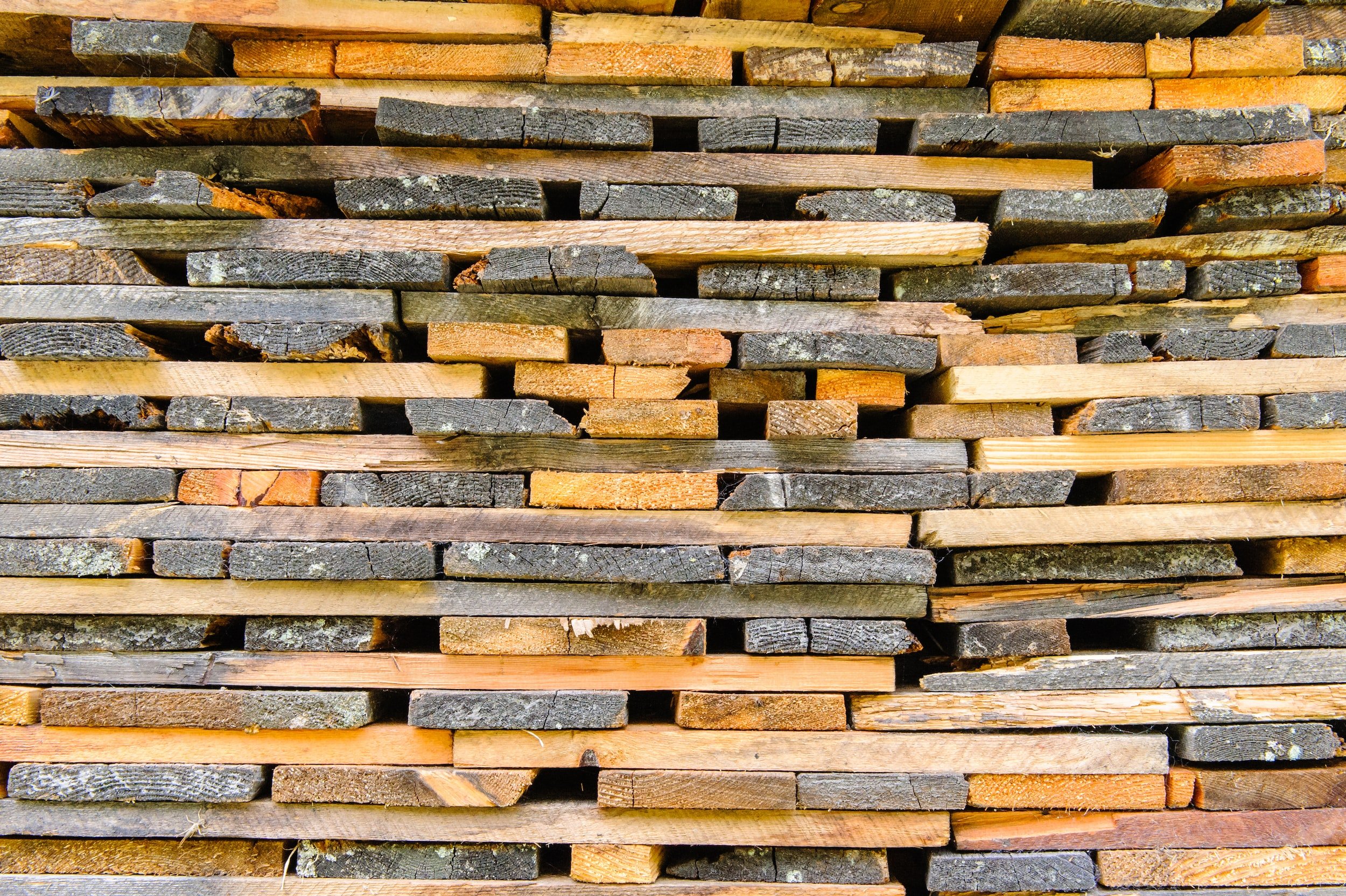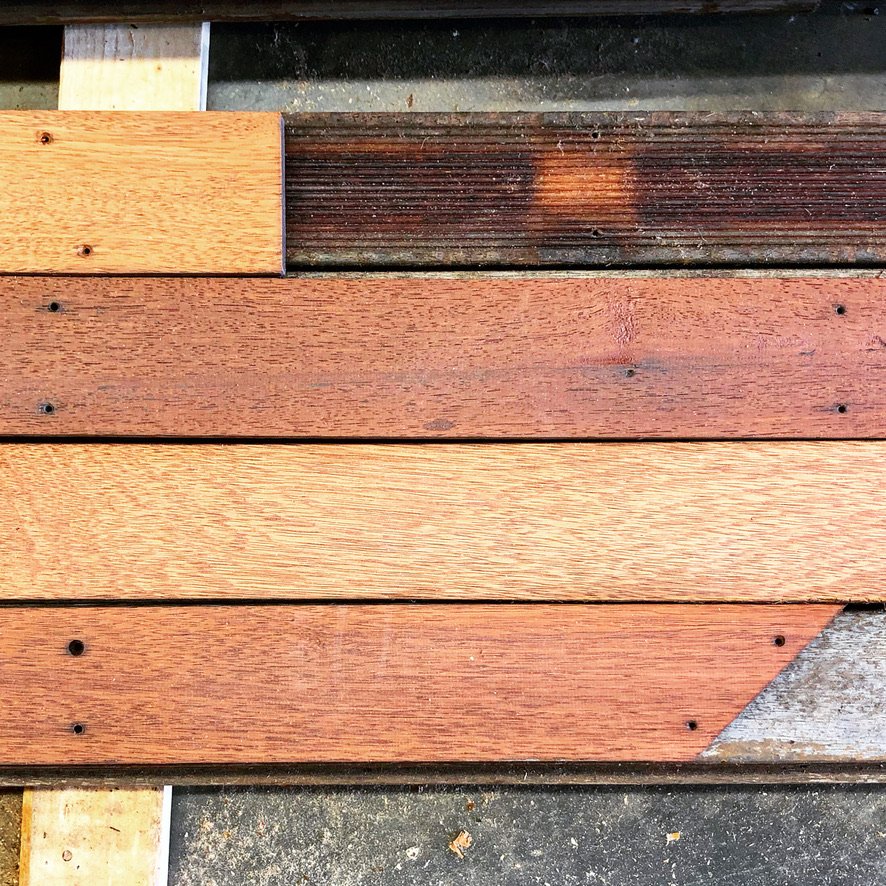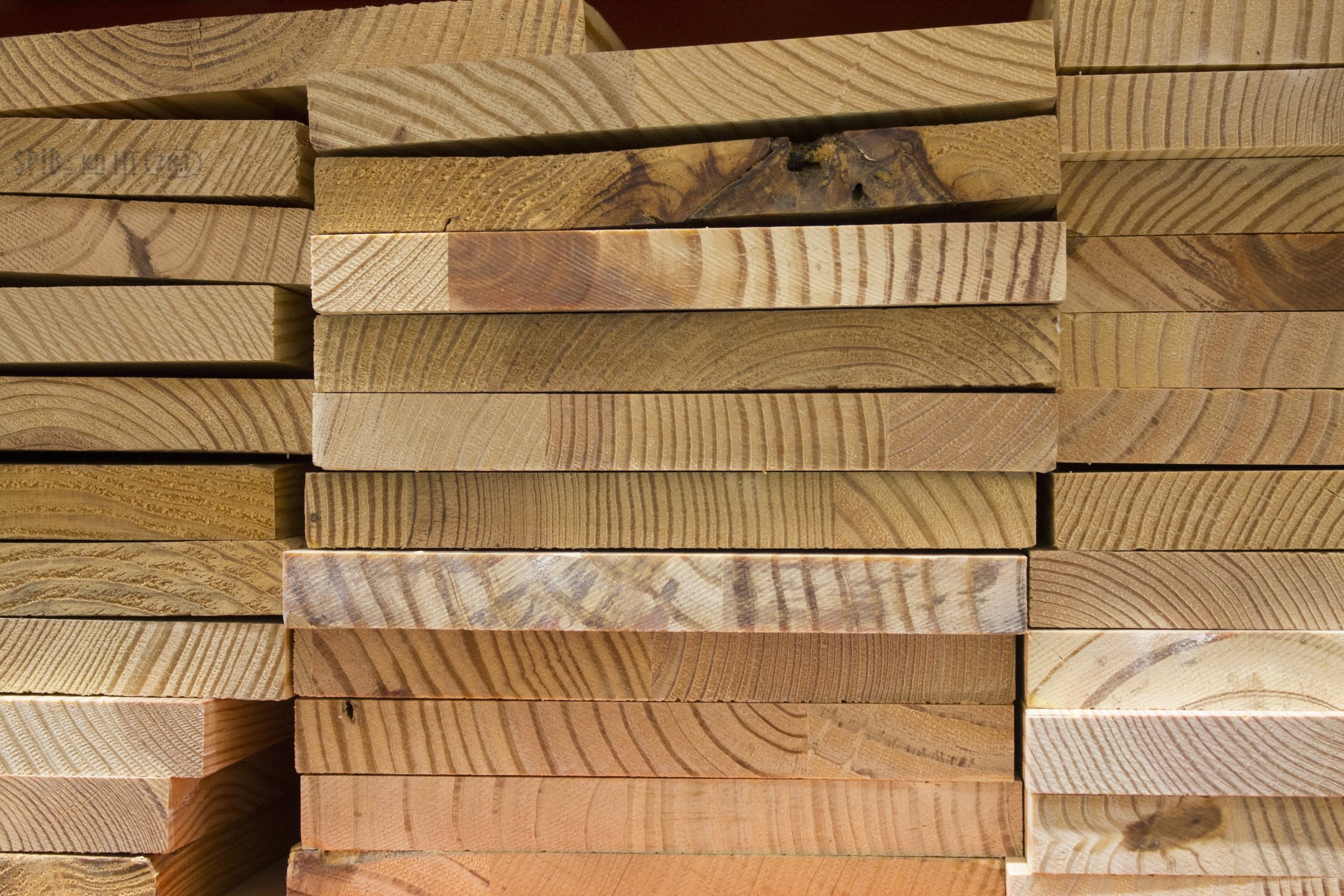
Word from the Wood
The Among The Trees blog
Browse by topic: Timber information • Woodwork tips and information • Events and offcut challenges • Reading lists • Shop and business updates • DIY and home renovation
What wood should you use for what project?
It can be confusing to know what timber to use for what job, but you don’t have to be in the dark any longer! We’ll help demystify the world of timber uses.
Is reclaimed timber cost effective?
The answer is yes, but we understand you might want a bit more information about how and why! Read on to learn more…
Where does new timber come from today?
How do we tell timber species apart in our shop?
Even as a timber shop, it can be hard to tell apart different species. Read about our process and our philosophy on timber identification!
What is grain direction in wood?
What does the process of a glue up actually entail?
Thinking of a timber glue up for your home or workplace but want to know more about the process? Look no further…!
Renovating with reclaimed timber: what is possible?
Planning a renovation and want to use reclaimed timber but aren’t sure what’s possible or allowed? Read on to find out…
How old is reclaimed timber?
Reclaimed timber can be from all throughout the history of forestry on this continent, and even from around the world. But how do we know how old reclaimed timber is?
What happens when you machine reclaimed timber?
You may have seen on our price list the terms ‘dressed’ and ‘undressed’ timber, but what do they mean, and what do the end results look like?
What is reclaimed timber?
You might be wondering what reclaimed timber even is? Don’t worry, we’ve got you sorted! Read on to find out more…
Why does timber change shape over time?
Timber is no longer a living thing, so why does it keep moving long after it’s been cut down? Read on to find out more..
How does a tree become a plank?
Ever wondered how a log is turned into the boards you see in timber shops? In this post we explore how logs are cut and why.
What is ‘old growth’ timber?
You may have heard of the term ‘old growth’ timber, but what does that mean, and where does it come from?
Where does reclaimed timber come from?
We get asked all the time where our reclaimed timber comes from, so we’ve written this post to provide some more information about our sources.
What are softwoods and hardwoods?
The terms softwood and hardwood can be misleading - they are not always soft and hard respectively! Want to find out more? Read on…
















